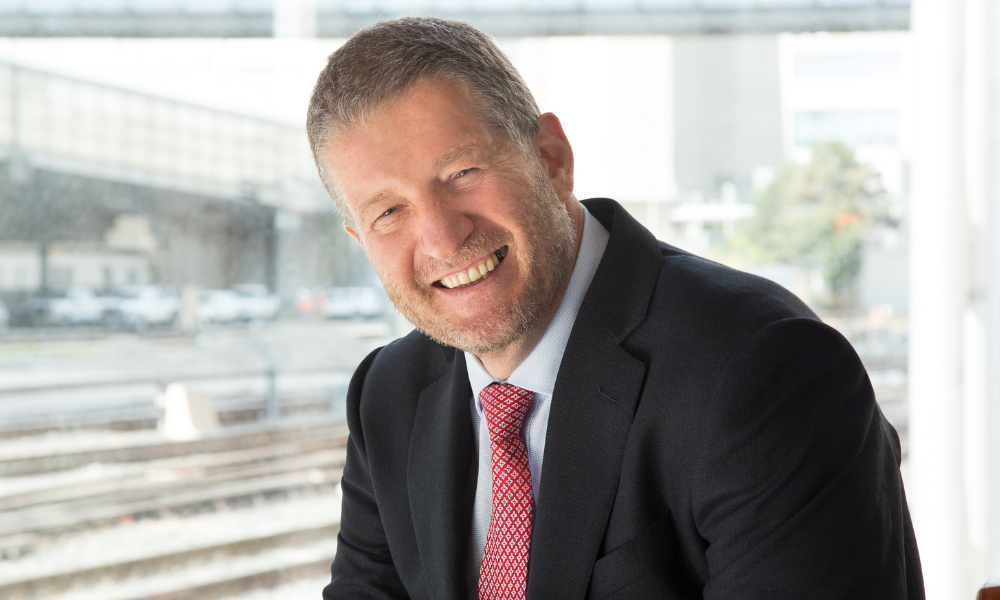'People must know what they're going to get from a leader'

There are a number of key skills safety leaders, and more broadly business leaders, should seek to acquire throughout their careers. Some are easy, some are hard-earned, and some are innate.
Phil Verster, CEO and President, Metrolinx, says that he does a lot of coaching sessions and mentoring of young leaders. The one thing that he advises them, and that is crucial to do, is to be authentic.
“I see a lot of young leaders responding to challenges in or outside the workplace in ways which seem to be following a script rather than following a sense of authentic judgement.”
He says that really understanding the problem you are facing, and authentically thinking about the problem in front of you is what is really important. “And that sense of authenticity, also in how you deal with your colleagues, how you’re respectful towards suppliers, how you are firm and clear on your commercial decisions – is a really important thing.”
He says that business courses may not convey the principles of authenticity as central to leadership, but it all boils down to trust. “And in order to be trusted, [leaders] must be authentic, have clear value systems and be easy to understand. People must know what they’re going to get from a leader.”
Verster has been in the rail industry for around 20 years. Before that, he gained experience in the electricity suppliers industry and in manufacturing. What he does, as a leader, is really change organizations. He said: "I like to look at our organization and how to improve [it]. And I’ve been doing that all of my career.”
Verster says that when he joined Metrolinx in 2017, the lost time injury frequency rate was around 4.8. In the last six months, the lost time injury frequency rate has been 0.6. This is an eight-fold betterment in the statistic.
And he says that “lost time injuries aren’t necessary a great indicator of safety, because you actually want to remove risk from the workplace.” However he recognizes that the organization has made a huge effort to change its safety culture and how it approaches personal safety. For example, everyone in the organization is encouraged to do first aid training. These efforts have really been reflected in the organization’s encouraging results, which Verster says is “humbling.”
At Metrolinx, Verster says that the value system is based on a culture of safety. “And that is fundamental for me,” he says, and sometimes it been a challenge throughout his career to get organizations to think in this way.
He started in the rail industry at Bombardier, where he was recruited to do a “significant” organization improvement in their fleet services for manufacturing and an overhaul of trains in the UK.
After working in the UK for a number of years, he had the opportunity to come to Canada to help implement a strategic shift for Metrolinx from a relatively smaller operation to an extensive operation with more rail best practices for workplace safety, rail operation safety and construction safety being implemented.
“Transit has exploded as a priority for cities and countries over the last couple of years. What was really interesting and exciting about Canada is that it is sort of a clean slate for the development of project methodologies, robot operation methodologies, and with a lot of new rail being added to cities like Toronto.”
Through his experience in the rail industry, Verster says that when an organization focuses on safety as a primary goal – including occupational safety, asset safety and operational safety – that organization has higher customer satisfaction, “because safety is innately part of the customer requirements for transit.”
No customer gets on a train or a bus wanting to make a calculation on how safety they are, he says. They expect safety as a core objective for the organization. “The more focused we are on safety, the better the customer service, the better our operational efficiencies,” says Verster.





